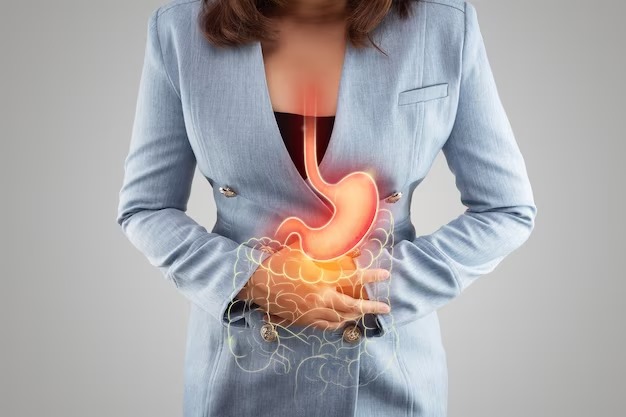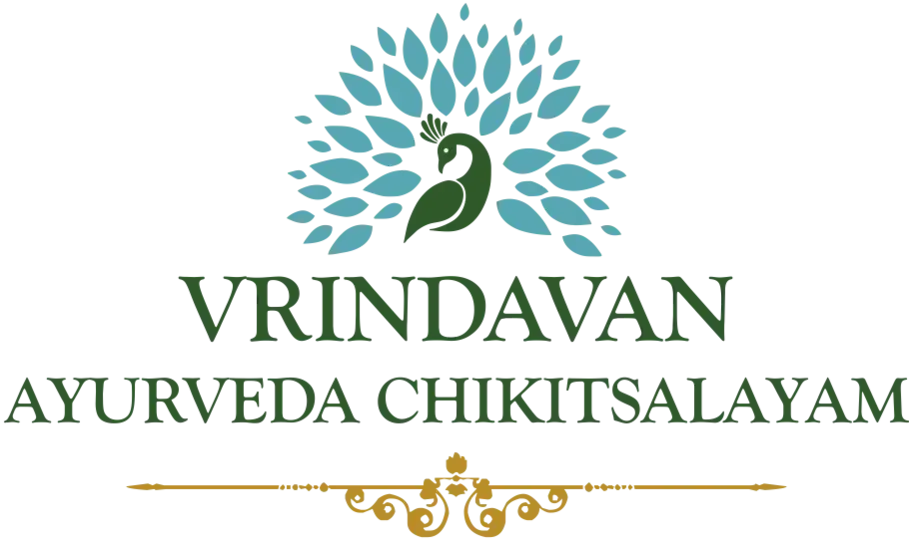
Along with natural remedies, modifying your diet is key according to Ayurveda: Favor cooling, easy-to-digest foods like mung dal, rice, cooked vegetables, milk, and ghee. These balance pitta dosha and calm the digestive fire. Avoid pitta-aggravating items like spicy food, fried fare, meat, alcohol, and tobacco.
Here are some Ayurvedic steps to help promote wellness:
Initially, your Ayurvedic practitioner may suggest you eat a bland diet to help reset your digestive system. This diet may include soft, warm foods like basmati rice and light soups.
The practitioner may also suggest a brief period of fasting. During this time, the goal is to let your body naturally eliminate the Ama while reducing irritations that may cause future symptoms.
What’s more, you may try drinking buttermilk. Popular in Ayurvedic medicine, buttermilk is thought to aid recovery and reduce symptoms.
Additionally, your practitioner may suggest you consume medicated ghee or concentrated butter. Research suggests practitioners believe ghee helps stimulate the weak Agni.
Yoga, like Ayurvedic medicine, takes an all-body approach to wellness. The goal of yoga is to help increase strength and flexibility, but a supplementary goal is eliminating stress and reducing physical symptoms of ailments.
Specific yoga positions or postures may be more helpful for eliminating the symptoms of IBS. These include Corpse position and Sun salutations.
It’s not clear what causes IBS, but research suggests stress may play a significant role in who develops IBS and when symptoms worsen.
In Ayurveda, stress is the result of an imbalance in doshas. Anti-stress techniques, like meditation, aromatherapy, and massage, may help reduce stress. That, in turn, can eliminate or reduce symptoms of IBS.
Herbal tonics and supplements are an important part of Ayurvedic medicine. Precisely which tonics you use will depend on the imbalance or dosha you’re aiming to treat. A practitioner can help you select the right one.

During a tele-consultation, the ayurvedic doctor will ask you about your health condition, medical history, and current symptoms. Based on the information provided, the doctor will assess your health condition and provide a personalised treatment plan that may include herbal medicines, lifestyle modifications, dietary changes, and other therapies.

During an OPD visit, an Ayurvedic doctor will assess your health condition, discuss your symptoms, and suggest a personalised treatment plan based on the principles of Ayurveda. The treatments may include herbal medicines, massages, yoga, meditation, dietary changes, and lifestyle modifications.

During your stay at Vrindavan, you will be under the care of experienced ayurvedic doctors and therapists who will assess your health condition and design a personalized treatment plan for you. The treatments may include herbal medicines, massages, yoga, meditation, and dietary changes etc.


of Experience

of Patient Treated

Classical Ayurveda Medicated Oils

Ayurveda Medicines
Vaidyaratnam Vrindavan Ayurveda Chikitsalayam is a renowned Ayurvedic healthcare facility, steeped in a rich heritage of centuries-old Ayurvedic wisdom. We offer comprehensive and authentic Ayurvedic treatment programs for a wide range of ailments, promoting holistic healing and well-being.
The Hospital is spread across 25 acres surrounded with 500 acres of forest. VAC is 100 Room IPD facility with various categories of well furnished rooms for patients along with state-of-the-art infrastructure related to panchakarma treatments / OPD and other facilities spread across the complex.

25 Acres Hospital Campus
Nestled in 250 Acres of Lush green Forest
Address- Village Thana EPIP Phase-2, Baddi, H.P
E-mail- ayurveda@vrindavanchikitsalayam.com
Phone No.- +91-7901778899

Vaidyaratnam Vrindavan Ayurveda Chikitsalayam 25 Acres Hospital Campus is Nestled in 250 Acres of Lush Green Forests
Shivalik Foothills Village
Thana, EPIP Phase 2, Baddi,
Himachal Pradesh
© 2025 All Rights Reserved.